Psychodráma

Psychodráma
HomePage
Overview
Release Date
1967-01-01
Average
0
Rating:
0.0 startsTagline
Genres
Languages:
SlovenčinaKeywords
Similar Movies
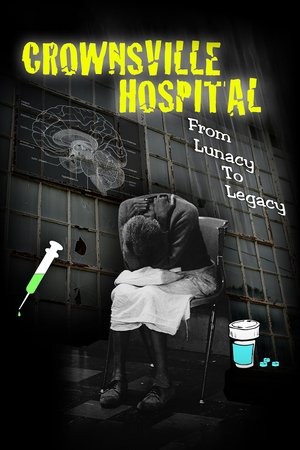 7.8
7.8Crownsville Hospital: From Lunacy to Legacy(en)
Crownsville Hospital: From Lunacy to Legacy is a feature-length documentary film highlighting the history of the Crownsville State Mental Hospital in Crownsville, MD.
 0.0
0.0Shipbuilder(en)
This film recreates the true story of Tom Sukanen, an eccentric Finnish immigrant who homesteaded in Saskatchewan in the 1920s and 1930s. Sukanen spent ten years building and moving overland a huge iron ship that was to carry him back to his native Finland. The ship never reached water.
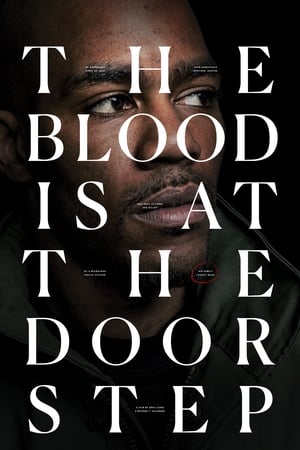 6.5
6.5The Blood Is at the Doorstep(en)
After Dontre Hamilton, a black, unarmed man diagnosed with schizophrenia, was shot 14 times and killed by police in Milwaukee, his family embarks on a quest for answers, justice and reform as the investigation unfolds.
 6.1
6.1The Case of Bruno Lüdke(de)
The incredible story of Bruno Lüdke (1908-44), the alleged worst mass murderer in German criminal history; or actually, a story of forged files and fake news that takes place during the darkest years of the Third Reich, when the principles of criminal justice, subjected to the yoke of a totalitarian system that is beginning to collapse, mean absolutely nothing.
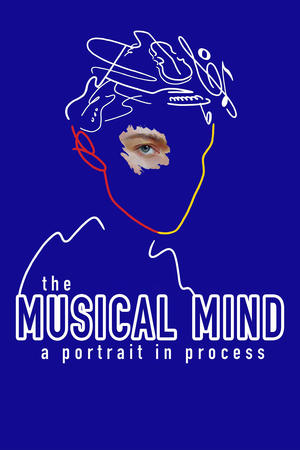 0.0
0.0The Musical Mind: A Portrait in Process(en)
Sparked by the impending 25th anniversary of the Academy award-winning film Shine, this documentary explores the power of the musical brain. Featuring exclusive, intimate footage of superstar international musicians in their private worlds, it opens an intriguing portal into the musical mind.
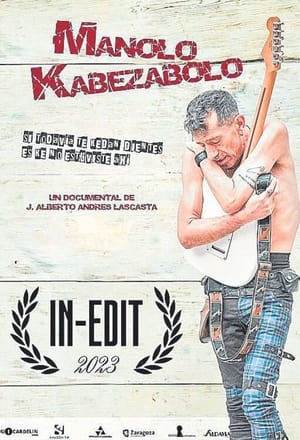 8.0
8.0Manolo Kabezabolo(es)
Documentary about Manuel Méndez, better known as Manolo Kabezabolo, a punk artist who in a somewhat implausible way has crossed time, space and fashions, without giving up his essences and principles.
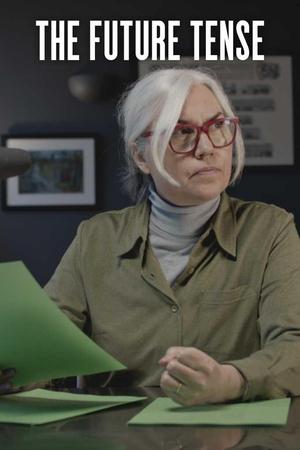 6.8
6.8The Future Tense(en)
Staged as a series of voiceover sessions, written with gloriously off-balanced precision and dipped in the color green, THE FUTURE TENSE unfolds as a poignant tale of tales, exploring the filmmakers’ own experiences in aging, parenting, mental illness, along with the brutal history that lies submerged beneath Ireland’s heavy, moist earth.
This Beggar's Description(en)
It's a sensitive, moving doc chronicling the life of Tétrault's brother Philip , a Montreal poet, musician and diagnosed paranoid schizophrenic. A promising athlete as a child, Philip began experiencing mood swings in his early 20s. His extended family, including his daughter, share their conflicted feelings love, guilt, shame, anger with the camera. They want to make sure he's safe, but how much can they take?
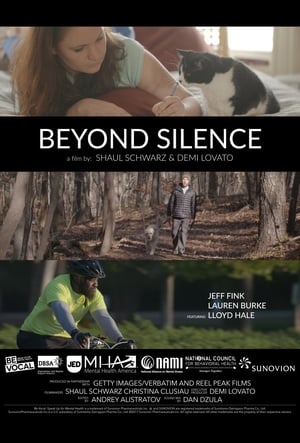 0.0
0.0Beyond Silence(en)
The lives of Jeff, Lauren and Lloyd—three very different people who share one common experience—have been transformed by speaking up for mental health. These inspiring stories depict what mental health in America really looks like and highlights just how important it is to speak up and seek help.
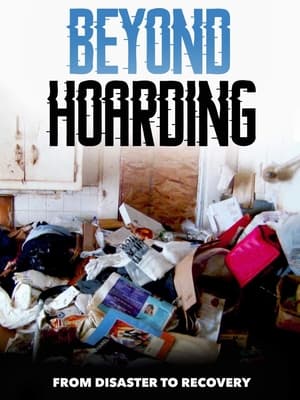 5.0
5.0Beyond Hoarding(en)
"Beyond Hoarding" takes a fresh look at hoarding through the experiences of people afflicted with this compulsion. Mental health experts shed light on this psychiatric disorder which is treatable.
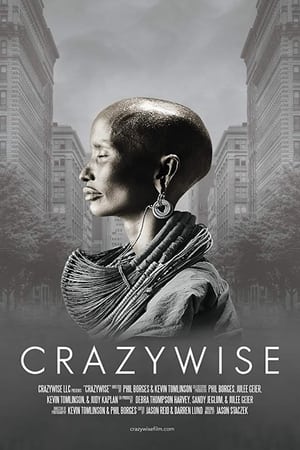 6.0
6.0Crazywise(en)
Western culture treats mental disorders primarily through biomedical psychiatry, but filmmakers Phil Borges and Kevin Tomlinson reveal a growing movement of professionals and survivors who are forging alternative treatments that focus on recovery and turning mental “illness” into a positive transformative experience.
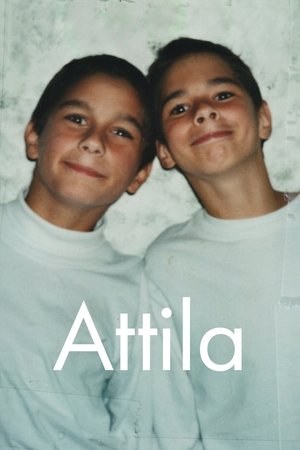 0.0
0.0Attila(en)
Filmmaker Stephen Hosier takes a journey with Richard Csanyi, his childhood friend, as he investigates the life and death of his twin brother Attila, who was found dead on a rooftop in 2020.
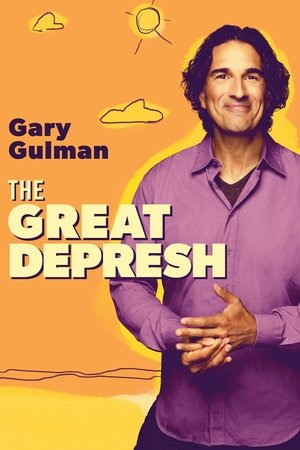 6.2
6.2Gary Gulman: The Great Depresh(en)
In his first HBO comedy special, Gary Gulman offers candid reflections on his struggles with depression through stand-up and short documentary interludes. While speaking to issues of mental health, Gulman also offers his observations on a number of topics, including his admiration for Millennial attitudes toward bullying, the intersection of masculinity and sports, and how his mother's voice is always in his head.
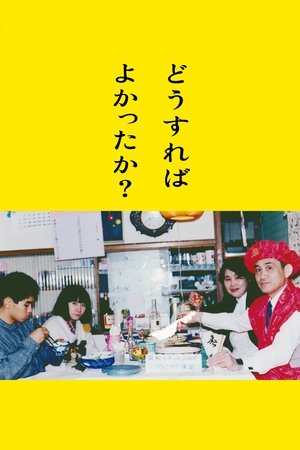 0.0
0.0What Should We Have Done?(ja)
In 1983, the director’s 24-year-old sister developed symptoms of schizophrenia. Her parents couldn’t accept it—refusing to seek treatment for their sick child, they confined her to their house, to the point of even fixing a padlock on the front door to lock her in. Her younger brother, suspicious of his parents’ actions, began filming the family in an effort to openly question them. A family conflict that lasted over twenty years.
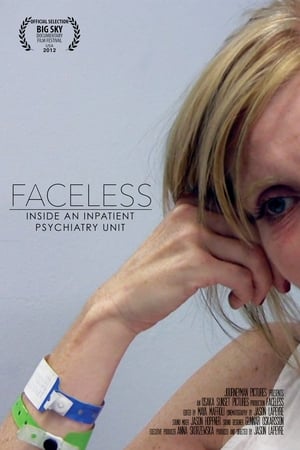 0.0
0.0Faceless(en)
Faceless is a documentary film about the workings of an inpatient psychiatry unit, seen through the eyes of both the patients trying to get well and the staff trying to help them.
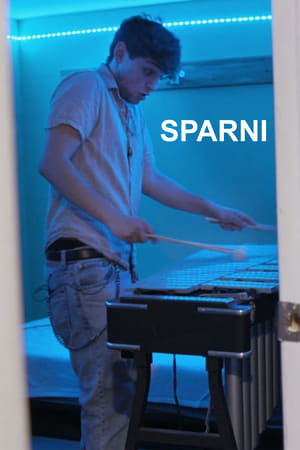 10.0
10.0Sparni(en)
It’s the second semester of junior year for Pierce “Sparni” Sparnroft, a gifted jazz vibraphonist studying at Montclair State University in New Jersey. Sparni’s prospects on the vibes were rejuvenated by their new professor, the world-renowned Steve Nelson, and are to be showcased during a student-driven recital in May 2023. But all the while, Sparni must face a crisis within.
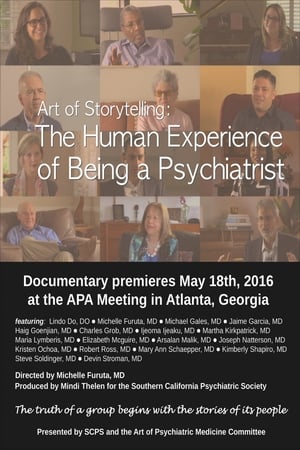 0.0
0.0Art of Storytelling: The Human Experience of Being a Psychiatrist(en)
The story of who psychiatrists are today, what they do, and what they value has been told by almost everyone but them. Psychiatrists are notoriously private; cautious about revealing personal information, and noticeably absent in the media. What has been the consequence of this? If you don’t tell your story, someone else will tell it for you. Mental illness is the number one cause of disability worldwide, however many patients still fear coming to see a psychiatrist – that they will be overmedicated, not listened to, not understood, not cared for, or worse - maybe the psychiatrist will see how “crazy” they are and lock them up. The stereotype of being “crazy” is equated with being dangerous, weird, scary, and ostracized - and in some ways - so is being a psychiatrist.
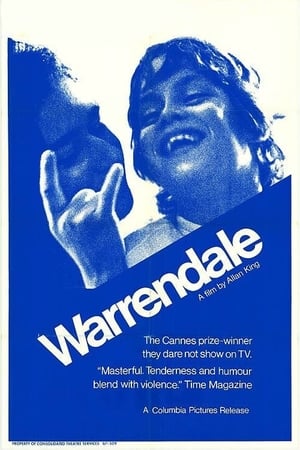 7.3
7.3Warrendale(en)
This ground-breaking cinéma-vérité classic documents five weeks in the lives of twelve residents of a home for emotionally disturbed children. It is the first in the form that King later described as actuality drama. All the action is spontaneous and undirected, with neither interviews nor narration. The theme is the outrage of life. The children asked the filmmakers, Why is it that whenever pictures of us are put in the papers, our faces are blacked out. What is so awful about us that we cant be seen? They wanted to be filmed so that they could be seen.
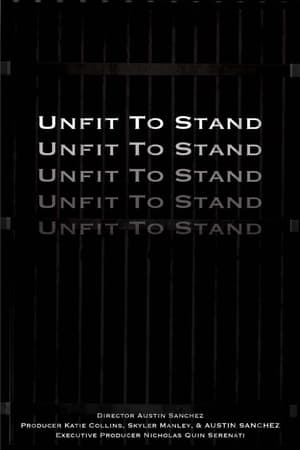 10.0
10.0Unfit To Stand(en)
An unflinching documentary of those dealing with mental illness in the criminal justice system and a profile of families who tragically fell victims to that system.
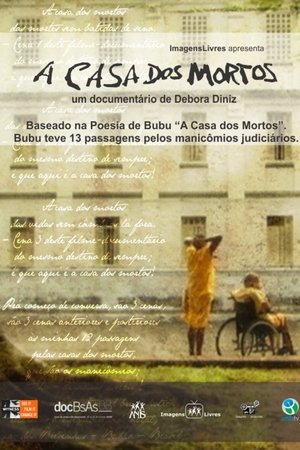 7.0
7.0The House of the Dead(pt)
Bubu is a poet who has been committed to state institutions for the insane twelve times. He challenges the meaning of hospital-jails, hybrid institutions which sentence the insane to life imprisonment. The poem "The House of the Dead" was written during the filming of the documentary and reveals the forgotten deaths that occur in these judicial asylums. There are three stories in three acts of death. Jaime, Antonio, and Almerindo are anonymous men, considered dangers to society, whose punishment is the tragedy of suicide, the unending cycle of being committed to the asylum, or surviving life imprisonment in the house of the dead. Bubu is the narrator of his own life and also of his own destiny-death in the asylum.